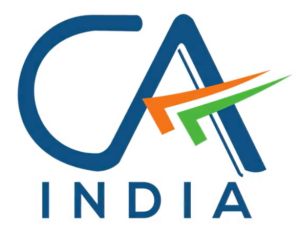The Goods and Services Tax (GST) is an indirect tax system implemented in India on July 1, 2017, with the aim of simplifying the complex web of indirect taxes that existed previously. GST replaced multiple indirect taxes such as excise duty, service tax, and value-added tax (VAT), among others. It is a comprehensive tax levied on the supply of goods and services across the country.
Since its introduction, GST has undergone several changes and amendments to address various concerns, simplify compliance, and enhance the efficiency of the tax system. These changes have been made through frequent meetings of the GST Council, which comprises representatives from the central and state governments.
Some notable changes in the GST system in recent years include the introduction of new return filing procedures such as the GST Sahaj and Sugam, designed to simplify the return filing process for small taxpayers. The threshold limit for GST registration has also been revised, providing relief to small businesses.
The GST rates for certain goods and services have been revised over time. The GST Council has made efforts to rationalize and streamline the tax rates to ensure simplicity and uniformity across different sectors. Additionally, there have been changes in the composition scheme, allowing small businesses to opt for a simplified compliance process and pay GST at a lower rate.
To improve compliance and curb tax evasion, the government has introduced measures such as the e-way bill system. The e-way bill is an electronic document generated for the movement of goods exceeding a specified value and is aimed at ensuring seamless movement of goods across state borders while enabling effective tracking and monitoring.
It is important to note that the GST system is dynamic and subject to change based on evolving economic and regulatory requirements. The government regularly reviews the GST framework and makes amendments to address industry-specific concerns, enhance ease of doing business, and promote economic growth.
To stay updated with the latest changes in GST, it is advisable to refer to official notifications, circulars, and announcements issued by the GST Council, Central Board of Indirect Taxes and Customs (CBIC), and respective state tax authorities. Consulting with a qualified Chartered Accountant or tax professional can also provide valuable insights and guidance on navigating the complexities of GST compliance.

 The code of ethics laid down by Institute of Chartered Accountants of India prohibits CA firms from advertising and soliciting work through communication in the public domain or publishing website in push mode.
The code of ethics laid down by Institute of Chartered Accountants of India prohibits CA firms from advertising and soliciting work through communication in the public domain or publishing website in push mode.